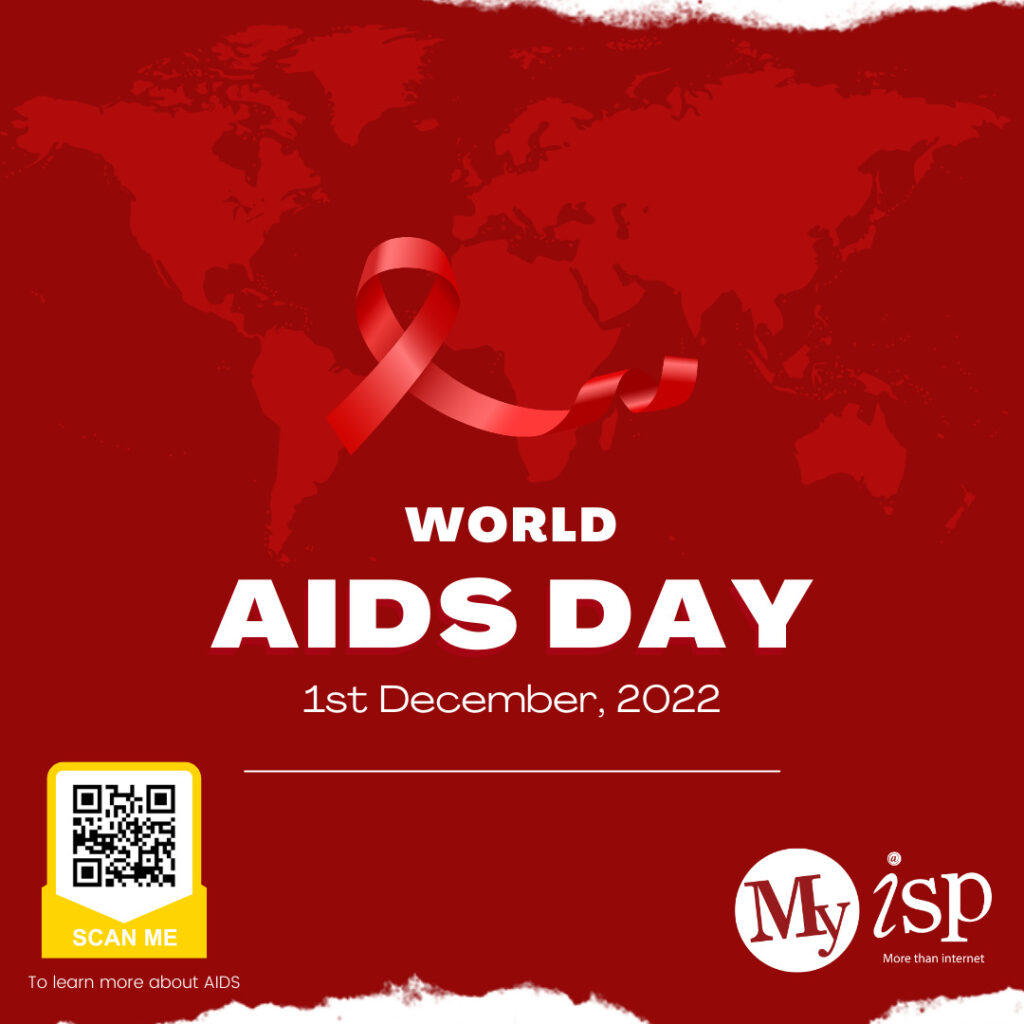
HOW HIV IS TRANSMITTED
You can only get HIV if specific bodily fluids of someone who has HIV get into your body. A person with HIV can pass the virus to others whether they have symptoms or not.
The main ways HIV is passed on are:
- sex without a condom
- sharing injecting equipment
- passed from mother to baby during pregnancy, childbirth, and breastfeeding
- contaminated blood transfusions and organ/tissue transplants.
There are a lot of myths about how HIV is passed from one person to another (HIV transmission) but there are only a few ways you can get it. Plus, the good news is that there are things you can do to protect yourself and others.
WAYS TO PREVENT THE SPREAD OF HIV
Both people with and without HIV have things they can do to stop HIV from being passed on. Using condoms every time, you have sex is one of the best ways to prevent HIV transmission. If you have HIV, take treatment to reach an undetectable viral load so you can’t pass on HIV. If you don’t have HIV, take pre-exposure prophylaxis (PrEP) to protect yourself.
Also, you can use strategies like practicing abstinence (not having sex), avoiding sharing needles, limiting your sexual partners, get tested and treated for STDs.
HOW CAN A PERSON WHO IS HIV POSITIVE PREVENT PASSING HIV TO OTHERS?
Take HIV medicines daily. Treatment with HIV medicines called (antiretroviral therapy or ART) helps people with HIV live longer, healthier lives.
NOTE: ART cannot cure HIV but it can reduce the amount of HIV in the body.

